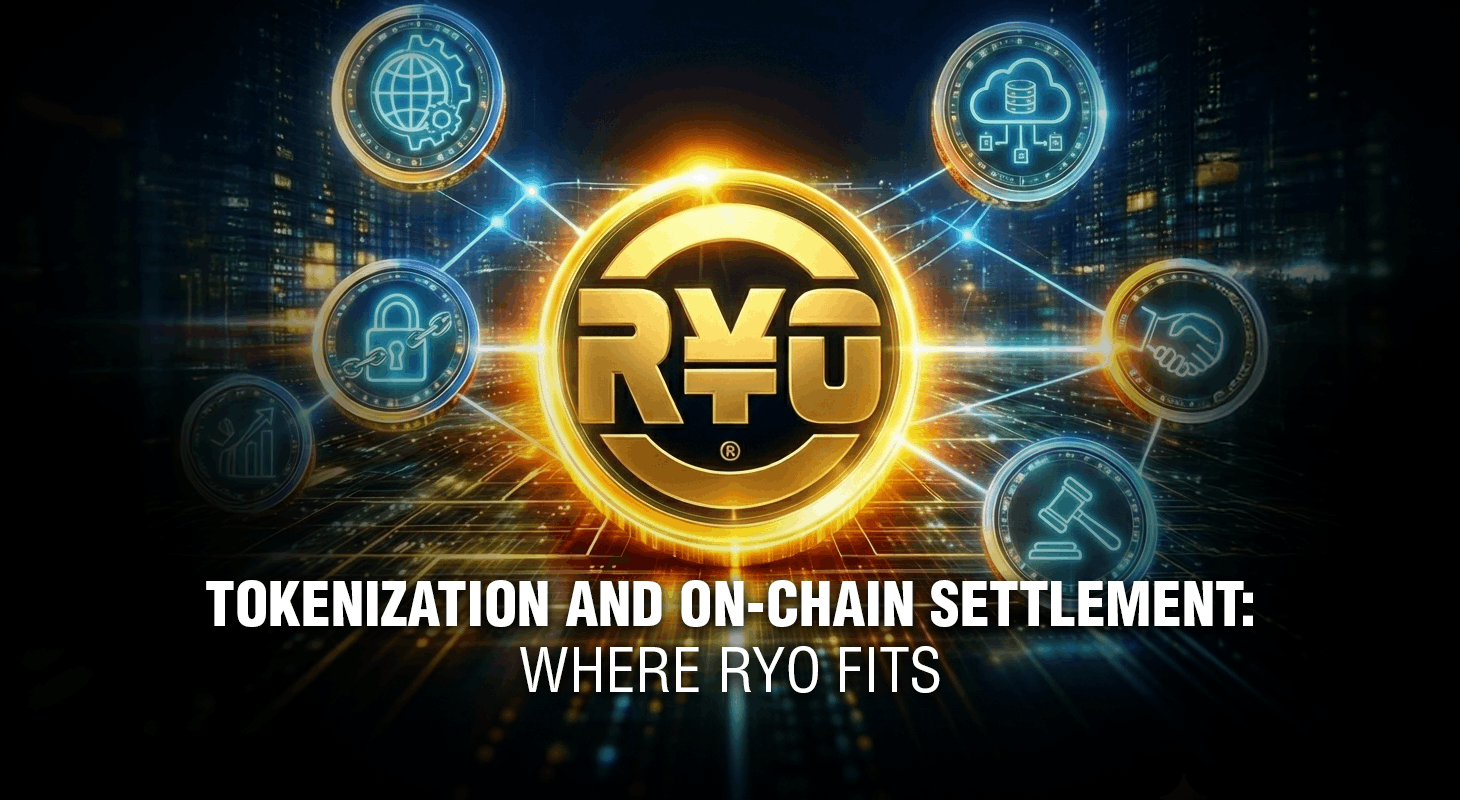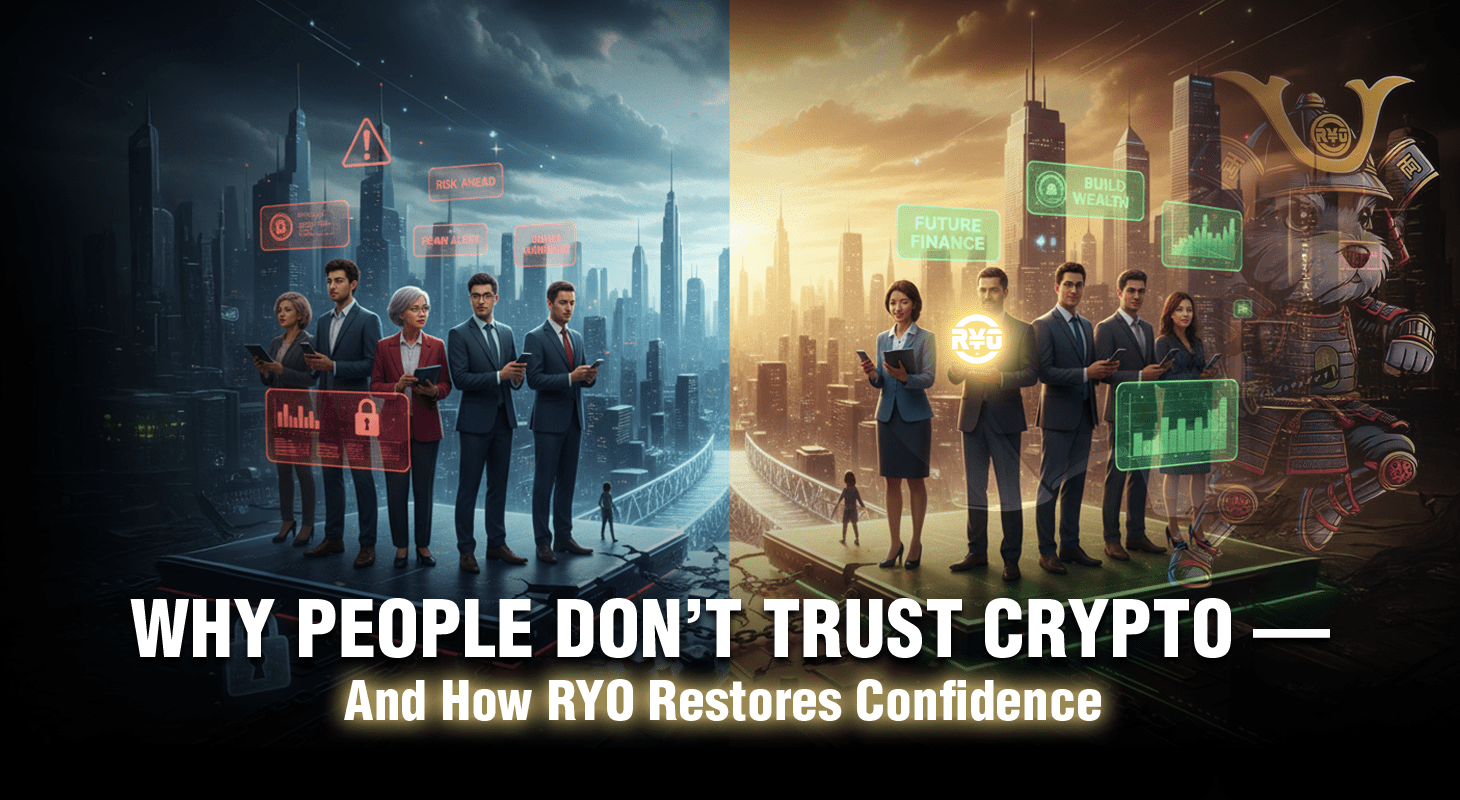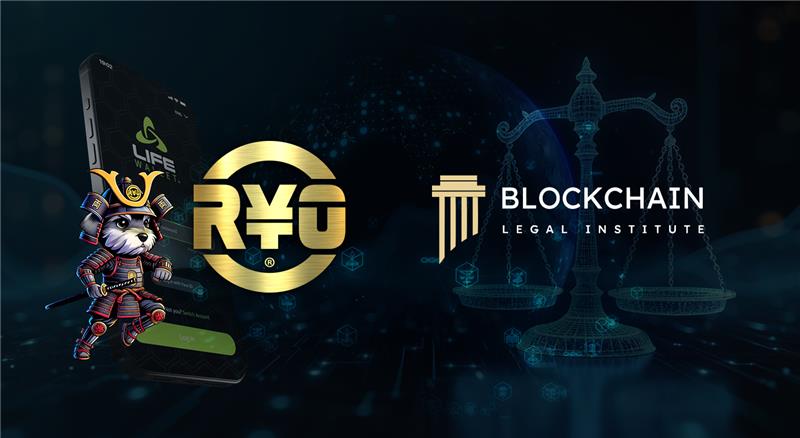Decentralized Finance (DeFi) - Revolutionizing Resource Allocation in the Digital Age
2024-10-25
The Ethical Foundations of Cryptocurrency: Reimagining Resources
The advent of Decentralized Finance (DeFi) and its underlying technology, blockchain, has not only disrupted traditional financial systems, but has also prompted a reevaluation of the very concept of resources. This introspection delves into the philosophical and ethical underpinnings of cryptocurrency as a novel resource class that transcends traditional economic limitations, offering both a critique of centralized monetary systems and a visionary perspective on the potential for a more equitable economic future
Cryptocurrency as a New Resource Paradigm:
Cryptocurrencies, unlike fiat currencies, are not merely tools for transactions or stores of value. They represent a fundamentally new kind of resource—one that is programmable, trustless, and inherently decentralized. This shift from centralized to decentralized resource management could be likened to the historical move from feudal land systems to capitalist markets, yet it introduces a level of individual empowerment and systemic resilience previously unimaginable.
- Programmability: The very fabric of cryptocurrencies allows for the embedding of sophisticated contracts and autonomous agents directly into the currency itself. This programmability enables nuanced economic interactions that can be tailored to specific needs and contexts without requiring centralized intermediaries.
- Trustless Transactions: By utilizing cryptographic verification methods, blockchain technology allows for transactions that do not require trust between parties. This shift from a trust-based to a trustless transaction model reduces the need for and the power of traditional financial gatekeepers, which historically have excluded significant portions of the global population.
- Decentralization: The distributed nature of blockchain disrupts the centralized models of economic control, potentially democratizing access to economic resources and opportunities. This decentralization not only challenges existing power structures, but also reduces single points of failure, enhancing economic resilience.
The Ethical Imperatives of DeFi:
The ethical imperatives driving the development and adoption of decentralized finance (DeFi) technologies stem from a critical response to the inequities and inefficiencies of traditional financial systems:
- Inclusivity: DeFi platforms can offer financial services across borders with minimal entry barriers, significantly increasing the inclusivity of the financial system. This global accessibility potentially levels the playing field, allowing people from varied economic backgrounds to participate in and benefit from the global economy.
- Transparency: Blockchain's inherent transparency fosters greater accountability in financial transactions. Every transaction is recorded on a public ledger, making corruption, fraud, and manipulation more difficult and easier to detect.
- Sustainability: By aligning resource allocation more closely with verified needs and efficiencies rather than speculative bubbles, cryptocurrencies can contribute to a more sustainable economic model that prioritizes long-term value creation over short-term gains.
Challenging Fiat's Monopoly:
The fiat system, characterized by currency that is government-issued and not backed by a physical commodity, inherently lacks transparency and is subject to manipulation through inflation and centralized control. Cryptocurrencies challenge this model by offering a means of exchange that can retain value independently of governmental policies and economic cycles. This aspect is particularly revolutionary in regions where inflation or governmental instability makes traditional currency unreliable.
Cryptocurrency and Global Mobility: Redefining Macro-Economics, Politics, and International Relations
As cryptocurrencies continue to challenge the monopoly of fiat currencies, their impact extends far beyond merely providing an alternative means of transaction. These digital assets are not only reshaping the foundations of economic mobility, but are also poised to redefine the paradigms of macroeconomics, politics, international trade, and global interactions. The decentralized nature of cryptocurrency offers a new lens through which to view and understand the dynamics of global power and economic relationships.
Decentralizing Global Economic Power:
Cryptocurrencies undermine the traditional power structures upheld by fiat currencies, which are often controlled by national governments and major financial institutions. By enabling a decentralized and borderless economy, cryptocurrencies can potentially redistribute economic power more evenly across the globe. This shift challenges the existing geopolitical hierarchies, and could lead to a more multipolar world where economic opportunities are more widely and fairly distributed.
In contrast to the decentralized nature of DeFi, Central Bank Digital Currencies (CBDCs) like Nigeria's eNaira, highlight the concerns associated with centralized control in digital finance. While DeFi platforms promote financial independence and privacy by enabling transactions without central oversight, CBDCs consolidate financial power within central banks. The eNaira, for instance, was launched as a government-regulated digital currency aimed at enhancing financial inclusion and efficiency, but also allows for unprecedented surveillance and control over financial transactions. This centralization is particularly concerning in Nigeria where the government previously banned transactions for cryptocurrencies, a move seen as stifling the economic freedom that many Nigerians found in decentralized digital assets like Bitcoin. Thus, while CBDCs and DeFi both harness digital technologies, their impacts on economic freedom and privacy can be diametrically opposed with DeFi offering a path to empowerment and CBDCs, potentially leading to greater governmental oversight and control.
Redefining Sovereignty and National Currency Control:
Traditional notions of economic sovereignty typically involve control over the national currency and the associated monetary policy. Cryptocurrencies disrupt this model by enabling individuals and businesses to operate with a medium of exchange that transcends national boundaries and political control. This could weaken the grip of state-based financial systems, and inspire a reevaluation of what constitutes economic sovereignty in a globally interconnected world.
Impact on International Trade:
The adoption of cryptocurrencies can significantly streamline international trade by reducing the need for currency exchange and the associated costs and complexities. With smart contracts, trade agreements can be automatically executed, reducing the need for intermediaries and potentially lowering barriers to entry for smaller players. This technology could democratize international trade, allowing more countries and businesses to participate on equal footing.
Political Implications and Global Governance:
As cryptocurrencies gain popularity, they could also influence global governance structures. The transparency and traceability of blockchain could enhance accountability in international relations and aid processes. Moreover, as economic power becomes more decentralized, it might prompt a shift towards more inclusive and cooperative global governance models, contrasting sharply with the competition-driven models of the past.
Cryptocurrencies as Catalysts for Global Economic Mobility:
Cryptocurrencies hold the potential to empower individuals by providing them with more control over their economic resources. In regions affected by inflation, political instability, or restrictive government controls, cryptocurrencies offer a stable alternative that can preserve and enhance purchasing power.
Enhancing Global Workforce Mobility:
With cryptocurrencies, the global workforce can engage in cross-border employment opportunities without the typical financial barriers or delays caused by traditional banking systems. This mobility not only benefits individuals seeking employment, but also companies looking to tap into a global talent pool without the overhead of complex international payroll systems.
Promoting Financial Inclusion:
By providing unbanked or underbanked populations access to digital wallets and financial services, cryptocurrencies can play a pivotal role in enhancing financial inclusion. This accessibility could spur new economic participation and entrepreneurship, driving economic growth from the bottom up.
Cryptocurrency as a Driver for Economic Mobility:
The decentralized nature of cryptocurrencies enables a more meritocratic system, where individuals and companies can engage economically on the basis of ability and resourcefulness rather than on access to traditional banking infrastructures. This shift could enhance economic mobility by providing platforms for innovation and wealth creation that are accessible to a larger and more diverse group of people.
Cryptocurrency and Decentralized Finance (DeFi) are not merely technological innovations; they are ethical responses to the fundamental inequities of traditional financial systems. By redefining what constitutes a resource, these technologies offer a vision of a more equitable, transparent, and resilient economic future. As we continue to explore and expand these technologies, it is crucial that we remain mindful of their ethical implications and potential to reshape society in profound ways. This futurist exploration invites us to not only imagine, but actively construct a new paradigm for resource allocation and economic engagement.
The rise of cryptocurrencies represents a profound shift not only in how we conceive of and utilize money, but also in how we understand the intersections of economics, politics, and global interactions. As these digital assets continue to evolve, they promise to offer more than just financial benefits: they are set to redefine global mobility and reshape the macroeconomic and political landscapes. This vision of a decentralized, inclusive, and interconnected world challenges us to rethink traditional paradigms, and to embrace the new dynamics of a digital global economy.
Conclusion
As we venture further into decentralized finance (DeFi), we see not just a technological shift, but a redefinition of economic freedoms and interactions that fundamentally alters our understanding of financial autonomy. Cryptocurrencies, underpinned by diverse and value-based principles, extend beyond the conventional financial system to offer a new model where economic agency is distributed among all participants. This shift promises a world where financial services are inherently democratic, transparent, and aligned with personal and communal goals.
In this new economic landscape, the control and benefits of financial activities are returned to individual users, reducing reliance on traditional and often restrictive banking infrastructures. This empowerment fosters a global economy where each transaction is not only a transfer of value, but also a direct participation in the economic health and growth of communities. By breaking down barriers to financial entry, DeFi platforms facilitate a broader inclusion, allowing individuals from varying backgrounds to contribute to and benefit from the global market without the historical limitations set by geopolitical borders.
Moreover, the value-driven aspect of cryptocurrencies encourages investments that reflect the ethical and societal values of their holders, thereby supporting sustainable and socially responsible growth. This evolution in finance shifts focus from profit maximization to sustainable value creation, where economic activities have direct positive impacts on society and the environment.
In essence, the rise of Decentralized Finance (DeFi) and cryptocurrency is not merely about adopting new technologies, but about embracing a vision for a global economic system that values inclusivity, fairness, and integrity. This vision challenges us to rethink not just how we transact, but why we transact, urging us toward a future where our financial systems are as globally interconnected and as ethically motivated as the individuals they serve. Through this transformative journey, we are redefining the essence of economic freedom and interaction, paving the way for a more equitable world.

Authored by the RYO Project Global Marketing Team
A dedicated group that tirelessly works to deliver the most current and relevant information. Meet the team behind the insights here: RYO Coin | Crypto for the Masses
Don’t miss out on the latest news and exclusive updates!
Subscribe to stay in the loop.


































